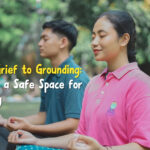Every August, red and white flags wave proudly across Indonesia. Streets are filled with patriotic songs, neighborhoods gather for traditional games, and a strong sense of unity rises in the air. Independence Day reminds us of our nation’s hard-fought freedom—but it also invites us to reflect on true freedom: the kind that goes beyond flags and fireworks, touching our inner lives.
But when the fireworks fade and the festivities end, a deeper, more personal question remains:
“Am I truly free?”
Freedom, after all, is not only about independence from colonial rule or physical oppression. True independence also means liberation within—breaking free from invisible chains such as fear, self-doubt, unrealistic expectations, and the endless pressure to be someone we’re not.
In modern life, many of us unknowingly live in prisons of our own making. These prisons are not made of bars or walls but are built from:
- Society’s rigid standards.
- The relentless desire to be accepted.
- The constant habit of suppressing emotions.
This is why mental health conversations matter when we talk about freedom. Because freedom is not only about waving a flag—it’s about finding peace, courage, and authenticity in our own lives.
Let’s explore together what true freedom means through the lens of mental health.
1. True Freedom from the Weight of Expectations
Think about this: how often do you find yourself doing things just to please others?
- To be accepted.
- To feel loved.
- To be seen as worthy.
Without realizing it, so many of us live life not for ourselves, but for the approval of others. Perhaps you chose a study program or career path to satisfy family expectations. Maybe you stayed in an unhealthy relationship because you feared judgment. Or maybe you forced yourself to always appear cheerful, even while struggling silently.
While external approval can feel rewarding in the moment, it often comes at the cost of authenticity. Living for others may bring temporary acceptance, but it robs us of inner freedom.
True freedom begins the moment we start shaping our lives around our own values, needs, and goals—rather than trying to meet everyone else’s.
2. True Freedom Through Facing Our Feelings
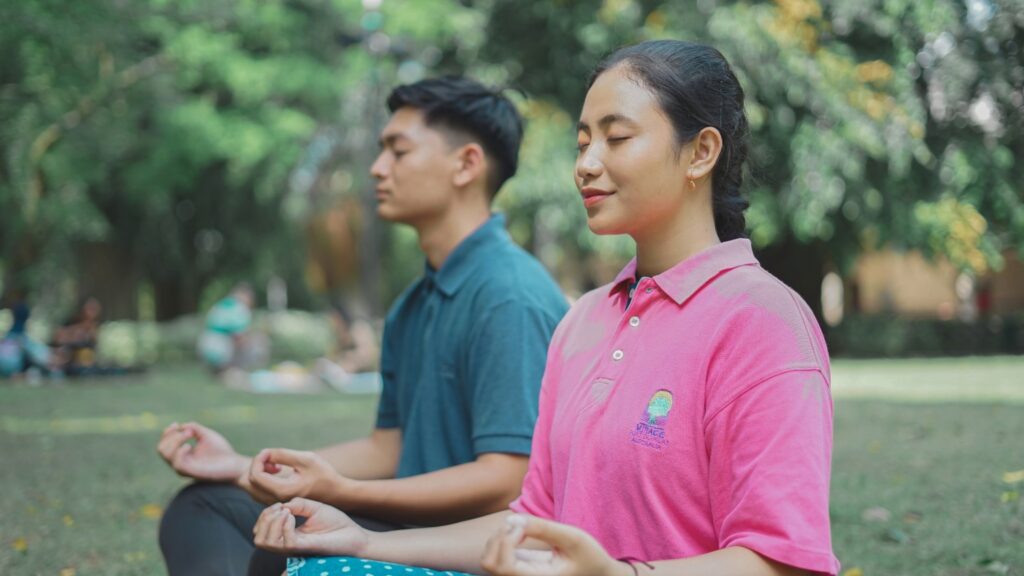
Have you ever carried emotions so heavy that no words seemed enough to describe them? Perhaps fear of failure, deep anger that has been pushed aside, or a sadness you’ve never shared with anyone.
From a young age, many of us were taught to hide our emotions in order to “stay strong.” Crying was often seen as weakness, admitting fear was frowned upon, and anger was quickly silenced. Over time, this conditioning taught us to bottle up emotions.
But what happens when feelings are suppressed? They don’t disappear. They linger, they tighten their grip, and eventually they weigh us down.
Every feeling is a message—a signal that something within us needs attention. Anger may be pointing to a boundary being crossed. Sadness may be calling us to slow down and grieve. Fear may be asking us to prepare or seek safety.
Freedom, then, is not the absence of difficult emotions. It is the courage to face them honestly and give them the space they deserve.
3. True Freedom Through Honesty with Yourself
One of the hardest yet most liberating acts in life is honesty—especially honesty with ourselves.
How often do we silence our inner voice just because it reveals something uncomfortable? We fear admitting that we’re tired, insecure, or afraid of rejection. We avoid acknowledging that certain choices we’ve made don’t align with our true desires.
But honesty is where freedom begins. To be honest is to look at both the light and shadows within us. To admit, without shame, that we are human—beautifully imperfect and forever growing.
Interestingly, research in Frontiers in Psychology (2018) sheds light on why being honest with our emotions can feel so challenging. The study explored how the intensity of emotions affects the strategies we use to regulate them. Findings revealed:
- Stronger emotions tend to increase rumination—we get stuck replaying negative thoughts and feelings.
- High emotional intensity reduces our use of cognitive reappraisal—the ability to reinterpret a situation in a more constructive, healthier way.
This insight is powerful. It means that when emotions are overwhelming, our natural tendency is often not clarity or honesty, but getting trapped in loops of self-criticism, overthinking, and avoidance. In moments like these, being honest with ourselves becomes even more difficult—because we’d rather escape the discomfort than sit with it.
Yet, it is precisely in these moments that honesty becomes most transformative. Choosing to pause and acknowledge, “Yes, I am hurt. Yes, I am afraid. Yes, I feel lost”, interrupts the cycle of rumination. It shifts us from suppression to awareness. And from awareness, we can begin to reframe—engaging in cognitive reappraisal, mindfulness, or self-compassion.
This honesty doesn’t make us weak. On the contrary, it makes us courageous. Because when we can face our truth—even the messy, painful, uncomfortable parts—no external judgment has the power to control us anymore.
Freedom, then, is not about avoiding difficult emotions, but daring to meet them with honesty. It’s about saying to ourselves: “I see you. I hear you. And I will not abandon you.”
4. True Freedom by Showing Your True Colors
In a world that often rewards conformity, it can feel risky to show our authentic selves. We wear masks—smiling when exhausted, pretending to be productive when burned out, acting strong when we’re fragile inside.
But wearing a mask comes at a cost. Over time, it disconnects us from who we truly are.
True freedom means daring to show our true colors—to live by our values, not by society’s shifting expectations. It means showing up as yourself, even if it feels uncomfortable at first.
Imagine the relief of living without pretense. No longer hiding scars. No longer sacrificing personal well-being just to fit into an image others expect. That’s the kind of freedom that heals.
5. True Freedom Begins Within
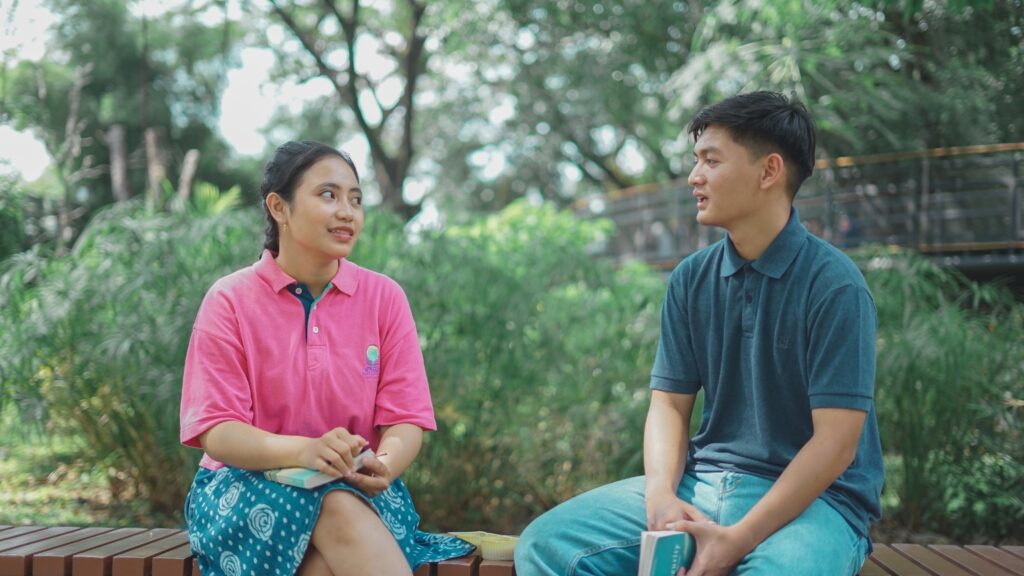
Real independence cannot be handed to us by anyone else. It’s not about external approval, possessions, or achievements. It comes from within.
True freedom begins when you stop measuring your worth by the standards of others. It begins when you can stand in your truth—even if it looks different from everyone else’s.
Ask yourself today:
- Which part of me needs liberation?
- Do I need to free myself from the fear of failure?
- From the constant comparison to others?
- From the pressure to be perfect all the time?
Whatever the answer, every small step toward release is already a victory.
6. True Freedom: A Journey Toward Inner Liberation
Freedom from fear and negative thoughts is not a single milestone. It’s a lifelong journey. Some days, you may feel strong and confident. On other days, doubt and insecurity may creep back in. And that’s okay.
The key is progress, not perfection.
Every act of self-acceptance—no matter how small—is a step toward freedom. Every moment of courage, every time you choose authenticity over pretense, every boundary you set, is an act of reclaiming your independence.
And remember: you do not have to take this journey alone.
7. True Freedom Through Community Support
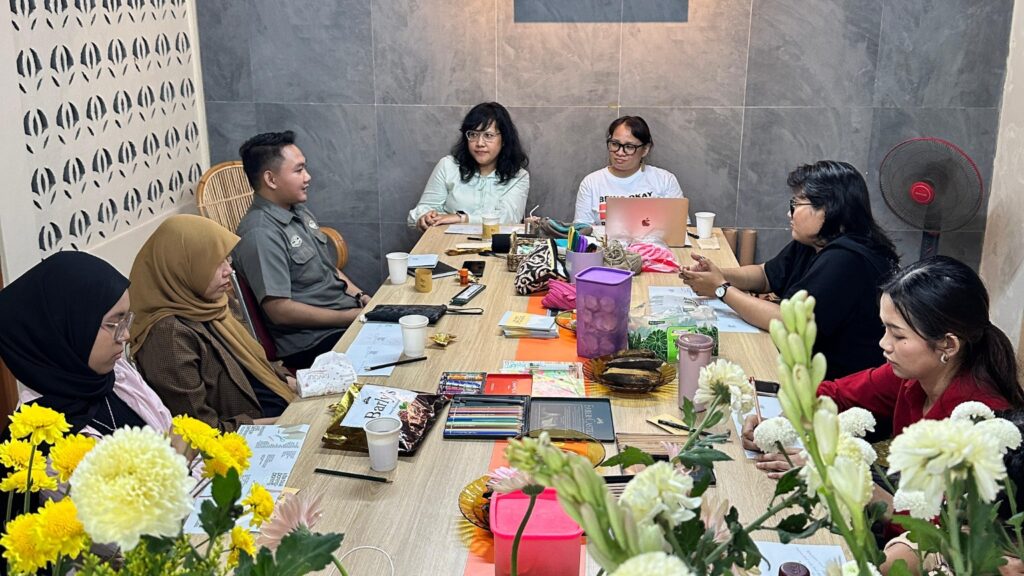
Inner freedom becomes lighter to pursue when you are supported. Community provides a sense of belonging, encouragement, and a safe space to be vulnerable.
At Talk Mental Health ID, we believe that everyone deserves to feel seen, valued, and supported. That’s why we build spaces where people can learn, share, and grow together. Because freedom is not just about independence—it’s about connection.
True Independence: A Journey Back to Yourself
Freedom is more than a flag, a song, or a yearly celebration. It is a way of living—an ongoing commitment to authenticity, acceptance, and courage.
True freedom begins when you:
- Listen to your heart.
- Embrace your feelings.
- Show your true colors.
- Release yourself from fear and pressure.
This is not just physical liberation, but also inner liberation. And in many ways, it’s the harder battle to fight. But every step forward, no matter how small, is worth celebrating.
Continue Your Journey with Our Free Zine
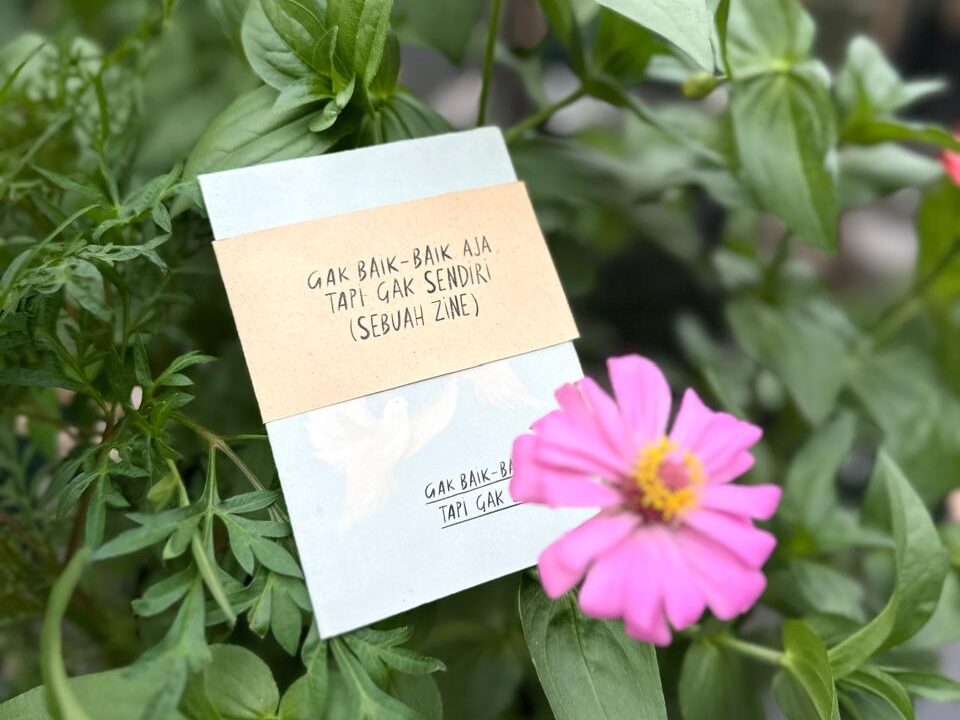
If this article speaks to you, don’t let your journey stop here. Take the next step toward inner freedom with our free zine from TMH.id:
✨ Not Okay, But Not Alone ✨
This zine is filled with stories, reflections, and practical tips to guide you through difficult times. It’s a gentle reminder that feeling “not okay” does not mean you are alone. There is always a safe space for healing, growth, and connection.
👉 [Download your free zine here]
Take your time. Healing and freedom are not races to win—they are journeys to walk at your own pace. What matters is that you keep moving forward. Because your mental health matters, and you deserve to be truly free.




